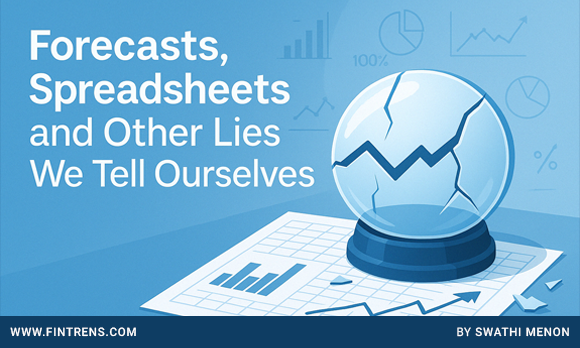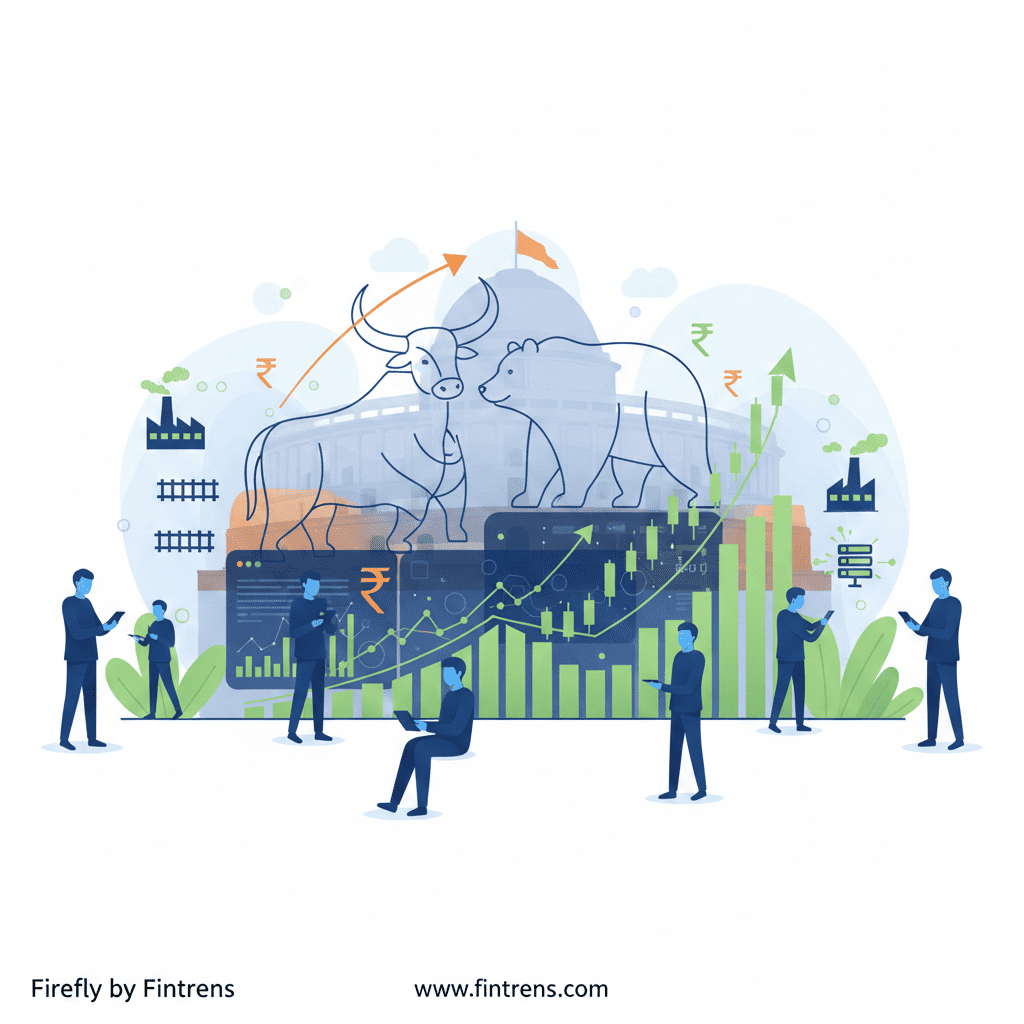Forecasts, Spreadsheets and Other Lies We Tell Ourselves

“The only certainty in forecasting is that it will be wrong.”
It’s a phrase many professionals, especially in finance and business analysis, are all too familiar with. Whether its earnings projections, mutual fund returns, or economic growth, our models are often more hope than precision. And yet, we forecast anyway.
So… why bother?
Forecasting Isn’t About Precision. It’s About Preparedness.
Forecasts are less like a crystal ball and more like a flashlight in a dark cave. You won't see everything, but you'll avoid bumping into most of the walls. In finance, particularly in mutual fund and investment platforms, forecasts help us set expectations, assess risk, and plan for a range of outcomes.
The goal isn't to be exactly right — it’s to be generally less wrong than going in blind.
We’re Not Trying to Predict the Future — We’re Managing the Present
In the business world, decisions need direction. Imagine building a financial product without any sense of future user demand, interest rate trends, or regulatory shifts. Forecasts give us something to test, refine, challenge, and debate.
They enable scenario planning — best case, worst case, and everything in between. That insight helps product teams, investors, and regulators feel a little more grounded, even if things don’t go according to plan.
Humans Love Narratives. Forecasts Provide One.
At their core, forecasts are stories built on data. And people make decisions based on stories more than raw facts. Whether it’s a bullish outlook for an equity fund or a conservative view on bond performance, forecasts give investors a narrative they can believe in, question, or bet against.
Without forecasts, we’d have no benchmarks to measure against or any frame to challenge.
But Yes — We Still Need to Be Better at It
Let’s be honest: some forecasts are worse than others. Overly complex models, unrealistic assumptions, or biased inputs can do more harm than good. What’s needed is transparency — in assumptions, in data sources, and in how uncertainty is communicated.
A 3-year revenue projection presented as a single number is misleading. A range, with assumptions and a confidence interval? That’s useful.
So, Why Do We Forecast?
Because despite the uncertainty, despite the inevitable errors, and despite the volatility — forecasting helps us make better decisions today.
To quote George Box, “All models are wrong, but some are useful.”
And in a world driven by change, risk, and reward — being directionally right is often more powerful than being precisely wrong.




